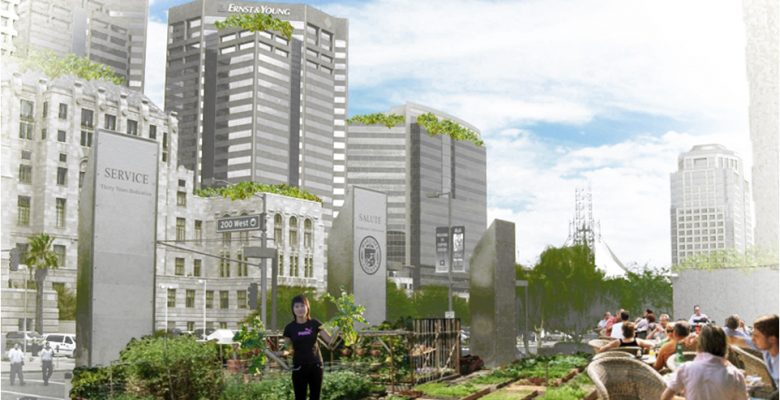This article proposes a new urban ecological paradigm that values urban wastewater as a renewable, reliable, freshwater resource for urban farming. The potential benefits of time-tested solutions applied in urban settings have been largely unexplored due to lack of societal acceptance. The research presented herein investigates various aspects of closed-loop systems that localize wastewater treatment and capture the rich resource of nutrients and water, maximizing food production capabilities within urban settings. The focus is on theoretical underpinnings and general practical considerations. This includes an examination of the necessity of such a new paradigm, how closed-loop systems work, a brief risk/benefit analysis, case studies exemplifying both open- and closed-loop arrangements and a blueprint for further action. A water and nutrient closed loop design sensibility can be the foundation for healthy, self-sustained, resilient cities of the future. The article stops short of providing spatial configurations or detailed risk assessments, leaving those for further research.
This article originally appeared in Vol 02.01 of the Perkins+Will Research Journal. CLICK HERE to see the whole article.

